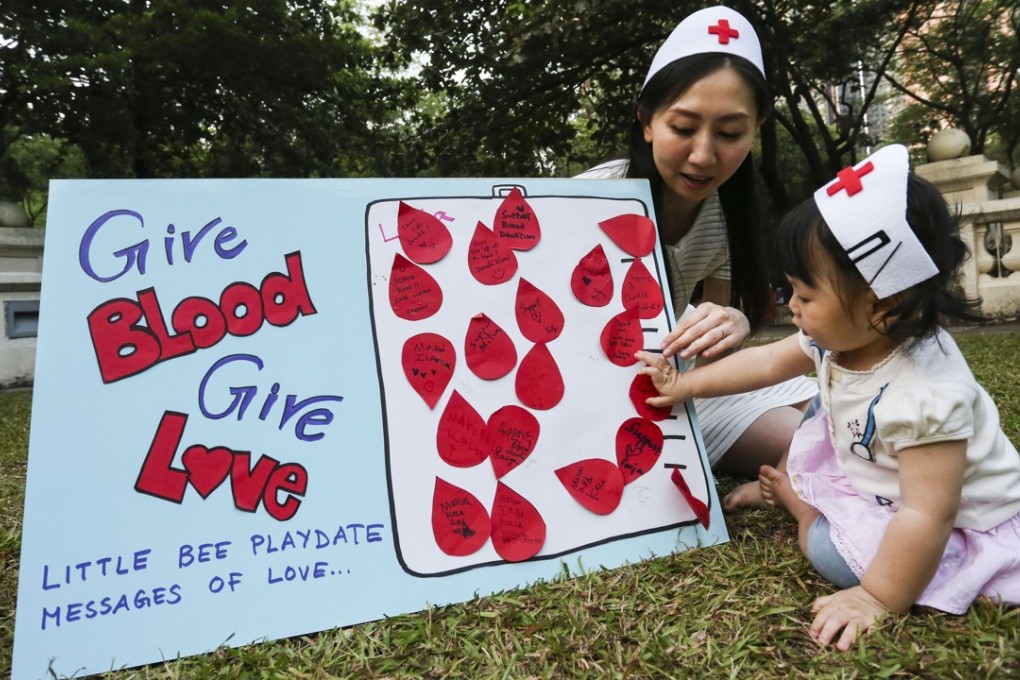Hong Kong’s charities need effective regulation
A survey has revealed Hong Kong’s caring side. But with fundraising activities by charities overseen by various government departments, the lack of an effective regulatory regime may prevent healthy development of the sector

Altruism begets happiness is more than just a Chinese saying. It is the very spirit that makes Hong Kong such a generous and caring society.
From donating to charities to giving up seats on public transport, our citizens are always ready to lend a helping hand. This is also reflected in a new survey on the city’s benevolence.
How generous are Hongkongers? Above average, according to survey
But as we give ourselves a pat on the back, we must not forget there is still much room for improvement. The need for a better regulatory regime for charity groups is an example.
According to the poll by the Hong Kong Jockey Club Centre for Suicide Research and Prevention, more than four in five respondents said they had donated to charities in the past year.
Nearly one in two did volunteer work. Taking into account other charitable acts such as signing up for organ donation, giving care to neighbours or colleagues, and providing emotional support to the needy, the city scored 5.2 out of 10 in an altruism index.
Although it is a slight drop from 5.25 in 2016, the score is still above average when compared with other regions.
The findings may seem surprising to many who fail to see through Hong Kong’s image as a materialistic modern city.